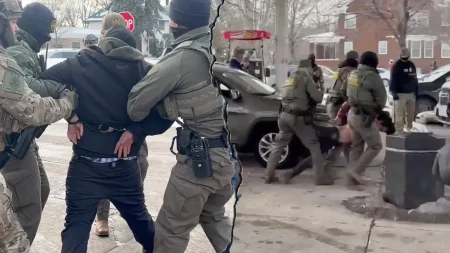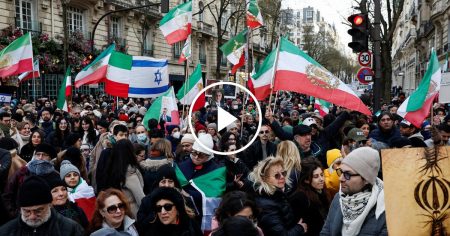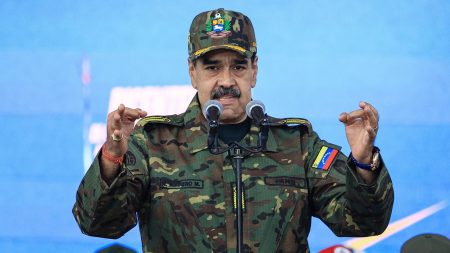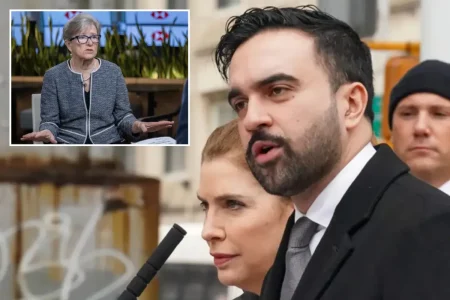Mayor-Elect’s Criticism of Synagogue Event Strains Relationship with Pro-Israel Community
In a move that has heightened tensions within the local Jewish community, the newly elected mayor recently criticized a synagogue for hosting an event that encouraged migration to Israel and promoted settlements in occupied territories. This public rebuke has placed additional strain on what was already a delicate relationship between the mayor-elect and pro-Israel Jewish constituents who had previously expressed concerns about some of his policy positions.
The controversy erupted after the synagogue held what organizers described as an “informational session” about opportunities for American Jews to relocate to Israel, which included discussions about housing and economic incentives in settlements that most international bodies consider violations of international law. The mayor-elect, who has previously expressed support for Palestinian rights while maintaining he stands against antisemitism, characterized the event as “promoting displacement” and “undermining peace efforts” in a statement that quickly circulated through community networks and social media.
Jewish community leaders have responded with mixed reactions. Some have defended the mayor-elect’s right to criticize Israeli settlement policies, noting that many American Jews themselves hold diverse views on the issue. Others have condemned what they perceive as singling out a religious institution for hosting discussions about Israel, arguing that such criticism could have a chilling effect on Jewish expression and potentially fuel antisemitism during a period when hate crimes against Jews have increased significantly. Several prominent rabbis from other congregations have called for dialogue rather than public confrontation.
The tensions reflect broader divisions within both local politics and the Jewish community itself. The mayor-elect came to office with strong support from progressive constituencies, including Jewish voters who favor a more critical stance toward certain Israeli policies. However, more traditional and Orthodox Jewish communities, which often maintain stronger connections to Israel and may view settlement expansion more favorably, have expressed growing concern about feeling marginalized in local political discourse. Community observers note this incident represents more than just disagreement over Israeli-Palestinian issues—it touches on questions of religious freedom, identity politics, and the boundaries of acceptable criticism.
For the mayor-elect, the controversy presents an early leadership test before even taking office. Political analysts suggest his administration will need to find ways to engage with diverse Jewish perspectives without appearing to favor certain viewpoints over others. Some city council members have already proposed creating an interfaith advisory committee to help navigate these sensitive religious and cultural issues. Meanwhile, the synagogue’s leadership has invited the mayor-elect to visit and discuss their perspectives directly, though no confirmation of such a meeting has been announced.
This incident illustrates the increasingly complex intersection of local politics with international issues, especially in diverse cities where global conflicts often find expression in community tensions. As urban centers become more pluralistic, elected officials face growing challenges in balancing respect for various cultural and religious identities while maintaining consistent ethical positions. For this mayor-elect, how he navigates this early controversy may set the tone for his administration’s relationship not only with Jewish constituents but with other religious and ethnic communities navigating their own connections to international conflicts and homeland politics.








